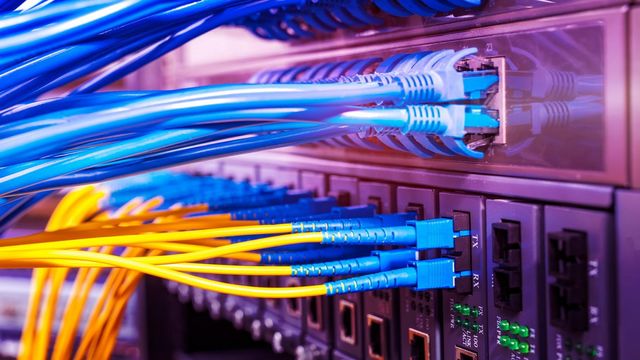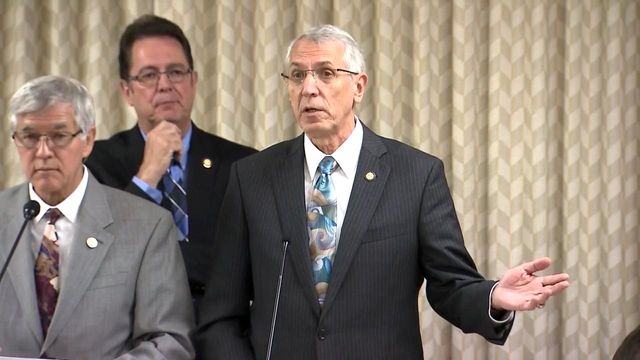Plan to allow municipal broadband systems in rural NC clears first hurdle
Is high-speed internet a utility, or is it a luxury? A bill making its way through the state House says it's become a necessity, so local governments should be allowed to build networks in areas telecommunications companies won't.
Posted — UpdatedA bill making its way through the state House says it's become a necessity, so local governments should be allowed to build networks in areas telecommunications companies won't.
But eight years later, some rural lawmakers say the private sector still hasn't connected their communities, so it's time to reconsider locally owned networks.
"Folks, what we're doing is not working. Government is failing, the private sector is failing rural areas of this state. That's just a fact," said Rep. Josh Dobson, R-McDowell, one of the main sponsors of the bill.
Dobson and Rep. Kevin Corbin, R-Macon, another bill sponsor, said public-private partnerships could finally bring internet connectivity to their districts in the North Carolina mountains, where many students have to seek out Wi-Fi signals at fast food restaurants to do their homework.
Almost all of the state's large and small telecom companies oppose the bill. Brian Gregory, senior director of government relations for Spectrum, said government competition is unfair and likely to backfire by discouraging private investment.
"It's especially troubling for us because our employees and our companies are going to be taxed to have competition against us, and that competition on top of that is also our regulator," Gregory said.
Some lawmakers agreed, saying public networks probably wouldn't turn a profit. Corbin said that's not the point.
"Schools don't make a profit. Roads don't make a profit. Airports don't make a profit. They're services we provide to our citizens because they're needed," he said.
Most Republicans on the committee voted against the bill, which must get through two more committees before going before the full House. But Dobson told them it's crucial for rural economic development, education and health care.
"We're all ideological. We dig in our heels, and we have our fights," he said. "But on this one, where we come from, we don't' have the luxury of ideology. We have to put internet in these underserved areas of our state."
Related Topics
• Credits
Copyright 2024 by Capitol Broadcasting Company. All rights reserved. This material may not be published, broadcast, rewritten or redistributed.





